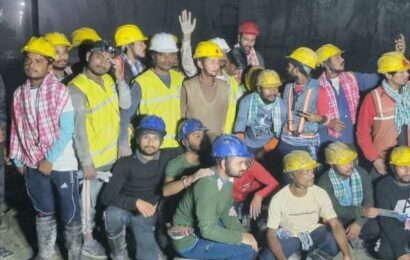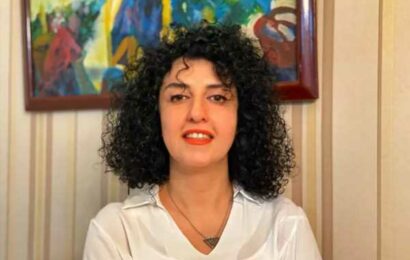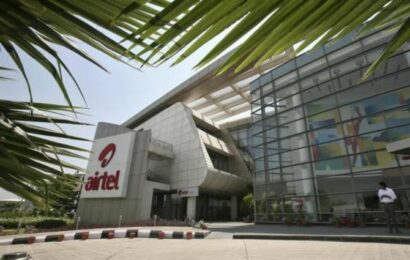The Congress president during his year at the helm of the party has repaired the citadel for far more challenging years ahead, and played a crucial role in shaping the Opposition alliance.
Last month, Congress leader Sachin Pilot addressed a press conference at the Congress headquarters in the national capital, criticising the Enforcement Directorate summons to Vaibhav Gehlot, the son of his political rival in his home state, Rajasthan Chief Minister Ashok Gehlot.
Party insiders pointed out that such an event of Pilot publicly expressing solidarity with Gehlot and his family would have been unimaginable a year back, giving the credit for the transformation to Mallikarjun Kharge’s presidency, the hallmark of which has been to broker peace among the party’s warring factions and by being accessible and building a consensus.
Kharge took the oath as Congress president on October 26, 2022, the first non-Gandhi to do so in a quarter century, with the party’s social-media team marking his first anniversary in office by acknowledging his contribution in leading the party to assembly wins against the Bharatiya Janata Party in Himachal Pradesh and Karnataka, expressing hope that the party’s ‘victory chariot’ would continue to roll in the current elections.
While that, especially a presidential 2024 Lok Sabha battle against the Prime Minister Narendra D Modi-led BJP is likely to be an arduous task, concede Kharge’s team members, they assert that the Congress president during his year at the helm of the party has repaired the citadel for far more challenging years ahead, and played a crucial role in shaping the Opposition alliance.
On February 18, 2023, at Kharge’s behest, Congress leader Salman Khurshid shared the stage with Bihar Chief Minister Nitish Kumar at a Communist Party of India (Marxist-Leninist) conference in Patna.
The meet proved to be the ice breaker that paved the way for the first Opposition unity parleys among its topmost leaders four months later in Patna, on June 23, that Kumar hosted.
Since then, Kharge and his team have been far more accessible to Opposition leaders than what had been feasible during the Congress presidencies of Rahul Gandhi and Sonia Gandhi.
However, they also ensured the presence of the Gandhis in the unity meeting at Bengaluru to show that the two leaders were on board and backed the unity efforts.
Within the party, Kharge has focused on strengthening the Congress’s organisation, allowing the Gandhis to concentrate on campaigning.
He has held meetings with 25 state units and reconstituted the Congress Working Committee, ensuring substantial representation to Scheduled Castes, Scheduled Tribes, women, youths, and leaders of the Other Backward Classes.
He has taken the party’s key events outside Delhi.
The party held its foundation-day ceremony in Mumbai, the first time the party hosted it outside Delhi after the Rajiv Gandhi years.
According to his team, on average, Kharge, who is 81, holds a dozen meetings in a day with workers and leaders from states.
Party sources credit him with quelling infighting in the Chhattisgarh, Rajasthan, Telangana and Madhya Pradesh party units.
“The president has tried to infuse the spirit of the original Congress in his messaging, where he stresses the party’s contribution to the shaping of post-Independence India, and also asks to honour its heroes beyond the Nehru-Gandhis, such as Lal Bahadur Shastri, Subhas Chandra Bose, P V Narasimha Rao and others,” a team member said.
According to party sources, Kharge does not want to be portrayed as only a Dalit leader.
However, in the run-up to the Lok Sabha polls, some in the party want him, as the pre-eminent leader of the Opposition INDIA bloc, to contest from western Uttar Pradesh so that the Congress gets back its Dalit support base in the state.
Feature Presentation: Aslam Hunani/Rediff.com
Source: Read Full Article



